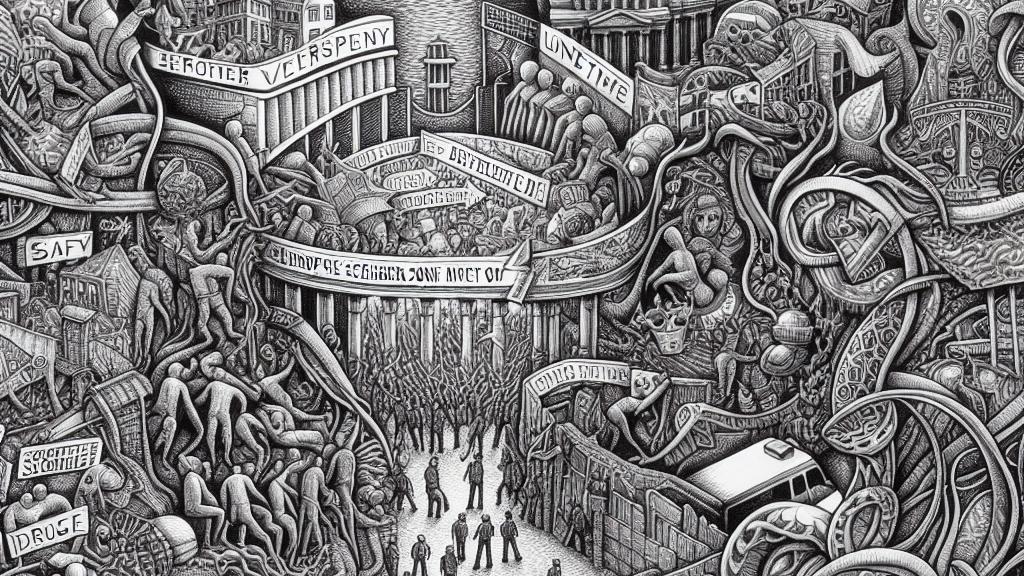Border Control Showdown: The Polish PM Takes on Germany's 'Unacceptable' Measures!
Overview
- Germany's reintroduction of border controls comes in wake of a shocking knife attack, threatening the Schengen agreement’s integrity.
- Polish Prime Minister Donald Tusk passionately denounces these measures as politically motivated and harmful to European cooperation.
- The ripple effects of rising tensions across Europe signal serious challenges in unifying migration policies amidst increasing nationalism.

The Trigger: Germany's New Border Controls
In a startling move, Germany has unveiled plans for tougher border controls, triggered by a knife attack in Solingen that left three people dead at the hands of a Syrian asylum seeker, a grim reminder of the shadows cast by terrorism. Set to commence on September 16, 2024, these measures mark a sobering reset in Germany's approach to immigration, echoing fears reminiscent of the 2015 migrant crisis. This decision serves as a bandage over a wound exposed by anxiety, threatening to unravel the very essence of the Schengen Zone—a symbol of freedom, unity, and trust among European nations. In a recent political landscape marked by turmoil, citizens are left wondering: are their leaders prioritizing safety or sowing seeds of division?
Poland's Reaction: Tusk Calls It 'Unacceptable'
Amidst this unfolding drama, Polish Prime Minister Donald Tusk erupted with fervor during a diplomatic meeting in Warsaw, boldly declaring Germany's actions as 'unacceptable.' For Tusk, these measures unveil a retreat to nationalist policies fueled more by domestic political agendas than actual threats. He pointed out that Poland has taken significant steps to manage its borders, including erecting a robust wall against illegal crossings from Belarus—an assertion that positions Poland as a proactive leader in migration management. Tusk's statement not only defends Poland’s integrity but also emphasizes a broader warning to the EU: without collaboration and mutual respect, the continent risks spiraling into isolationism.
A Fractured Europe: Echoes of Tension and Division
Germany's unilateral border controls have ignited a firestorm of criticism and support among its neighbors, revealing deep-seated divides within the European Union. Austria’s interior minister made a pointed declaration that they would not take in any migrants rejected by Germany, indicating a staunch refusal to engage in any form of shared responsibility. In stark contrast, Hungary's Prime Minister Viktor Orban welcomed Germany to 'the club' of stricter border regimes, suggesting a troubling embrace of isolationist ideologies. This polarized landscape paints a worrying picture: as member states struggle to align their migration policies amidst the rising tide of populism, the dream of a united Europe appears increasingly fragile. Collectively, nations face a daunting challenge—to navigate the treacherous waters of immigration while fostering cooperation that encompasses compassion, security, and respect for shared values.

Loading...